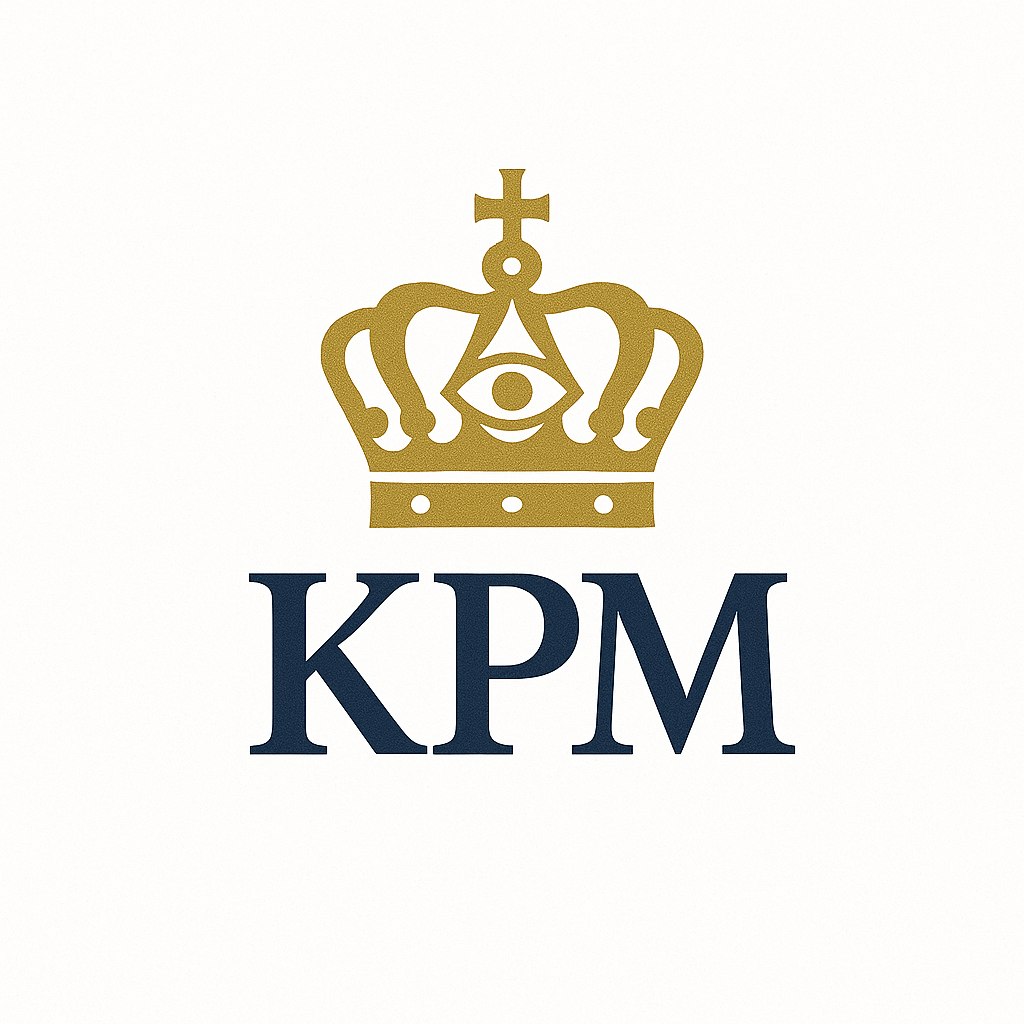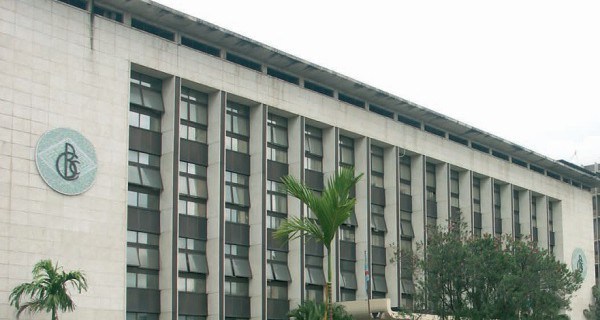StanChart’s Zambia Exit: Who Wins the Retail Banking Spoils?
Standard Chartered (LSE: STAN; LUSE: SCBL) has shortlisted bidders for its Zambia retail arm, a move that could reshape Lusaka’s banking scene. With Zanaco, Absa (JSE: ABG), and Access (NGX: ACCESSCORP) circling, investors await the price tag.

Standard Chartered’s retreat from retail banking in parts of Africa has now reached a decisive stage in Zambia, where the bank has shortlisted bidders for its Wealth and Retail Banking business. The process has been unfolding for nearly a year, beginning with the group’s late 2024 announcement that it was reviewing smaller retail franchises in markets where scale and margins were less attractive. In March 2025, its Zambian arm, Standard Chartered Bank Zambia Plc (LUSE: SCBL), formally notified the Lusaka Securities Exchange that such a divestiture was under active consideration, warning investors to exercise caution because of potential impact on the company’s securities. By August, local reporting confirmed that serious bids had been shortlisted, a clear signal that the exercise had advanced from exploratory discussion to an execution phase.
The backdrop has been complicated by reputational and regulatory pressures. In January 2025, Zambia’s Securities and Exchange Commission sanctioned the bank for mis-selling Chinese property bonds to clients, a matter that exposed gaps in disclosure and contractual protections. That case went before the courts, and in September 2025 the High Court ruled that Standard Chartered was not liable for compensation but did require it to pay the client’s legal costs, citing failures in internal conduct standards. These episodes underscore the compliance overhang any buyer must consider as they evaluate the franchise.
Financially, SCBL is a significant player on the Lusaka bourse, with a market capitalization of roughly ZMW 4.4 billion and a recent share price around ZMW 2.64. In the first half of 2025, it reported revenue of ZMW 673.43 million and profit after tax of ZMW 161.68 million, while trailing twelve-month net income stood near ZMW 273.19 million on revenues of ZMW 1.55 billion. At current levels, the bank trades on a price-to-earnings ratio of about 17.8×, and its Wealth and Retail Banking division has historically contributed close to half of its income streams. The parent, Standard Chartered PLC (LSE: STAN, HKEX: 2888, OTC: SCBFF), has been pursuing a wider capital reallocation strategy, trimming low-margin retail and redeploying proceeds into wealth and institutional banking across Asia, Africa, and the Middle East.
Comparable African banking transactions have tended to close between 0.6× and 1.2× book value, which sets a rough benchmark for what bidders may be willing to pay. Whether the Zambia sale leans closer to the high end of that range will depend on the perceived quality of SCBL’s deposit base, its affluent client portfolio, and the strength of its digital channels, weighed against regulatory baggage and the costs of migrating customers and staff. Logical contenders include domestic leaders such as Zanaco (LUSE: ZANACO) and Atlas Mara, as well as regional banks like Absa Group (JSE: ABG) and Access Holdings (NGX: ACCESSCORP) that have pursued aggressive expansion in Southern Africa. Private equity and other investment funds could also feature, especially if partnered with local operators.
For shareholders, the divestiture presents both risk and opportunity. A sale at a premium multiple could unlock value and allow Standard Chartered to recycle capital into higher-return businesses, in line with its global strategy of pivoting toward wealth management and institutional banking. Weak bids, by contrast, could depress sentiment and limit SCBL’s ability to maintain its dividend trajectory. For customers, the key question will be continuity of service and product offerings, as well as the stability of digital platforms during the transition. For staff, issues of retention, transfer, and cultural alignment will weigh heavily.
The broader significance of the shortlisting is that it confirms a long-running trend: global banks have been steadily reshaping their African presence for nearly a decade. Barclays exited Absa, Citi sold down consumer operations, Société Générale scaled back, and now Standard Chartered is retrenching selectively. This is not a wholesale withdrawal but a reallocation of capital to areas where margins are higher and risks better managed. For Zambia, the opportunity lies in whether local and regional institutions can leverage the opening to consolidate their positions and extend financial inclusion. If the sale is handled well, it could deepen competition and strengthen domestic champions; if mishandled, it could unsettle confidence in both the sector and the market.
The final outcome depends on negotiations now underway, regulatory approvals, and execution of the transition. Investors will watch closely for the eventual terms and valuation, knowing that the transaction is expected to take 18 to 24 months to complete. Until then, SCBL’s shares will remain under a cautionary cloud, but the potential upside of unlocking value from a successful sale keeps the market’s attention firmly fixed on who ultimately emerges as the buyer and at what price.





